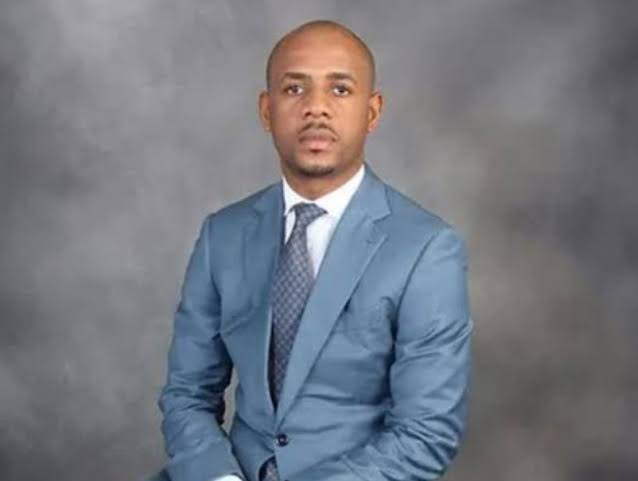The government of Equatorial Guinea has taken drastic measures to restrict citizens’ access to multimedia sharing on WhatsApp, sparking widespread criticism.
This decision comes on the heels of a high-profile sex scandal involving Baltasar Engonga, Director General of the National Financial Investigation Agency.
Engonga’s scandal involved over 400 videos with high-profile individuals, including relatives of the President and ministers’ wives. The footage, recorded with consent, was leaked online, causing a media uproar.
In response, the government directed telecommunications operators to restrict access to “inappropriate content.” Citizens can no longer download or share multimedia files using mobile data on WhatsApp, forcing them to rely on WiFi networks.
Citizens are lamenting the restrictions, questioning whether the entire country should pay for the actions of a few. Many believe the measure is disproportionate and punitive, interfering with daily activities and communication.
The authorities have not provided explanations for the restriction or its duration, fueling citizens’ concerns. This move is part of a broader effort to combat misconduct among officials, including plans to install surveillance cameras in state offices.
Vice President Teddy Nguema announced plans to install surveillance cameras in all state body offices to ensure adherence to public service laws. Critics argue this measure is more focused on control than facilitating communication.


